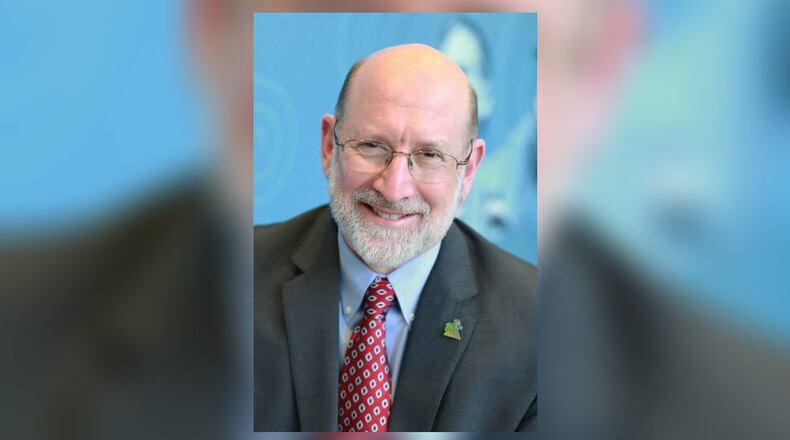Following approval from the Food and Drug Administration and the Centers for Disease Control, we now mark another milestone in the fight against the pandemic – approval for the vaccine in kids ages 5 to 11-years-old.
Vaccinating this age group is key to ending this pandemic. Getting them vaccinated will help to protect them, protect their families and our community. It will keep them in school, which we know is critical to their mental health. It will allow them to have a sense of normalcy, which has been taken away from them since March 2020.
I have been at Dayton Children’s for 26 years practicing as a pediatric gastroenterologist and the last eight years as the chief medical officer for the hospital. But before I am a doctor, I am a father of three and a grandfather of four. I feel confident in the science and the relentless work and research that went into these vaccines. I trust the vaccine and trust that my grandchildren will be protected after getting vaccinated.
The Pfizer COVID-19 vaccine that received emergency use authorization for this age group is a mRNA vaccine. Researchers have been working with mRNA vaccines for decades. This is not a new technology. This is just the first time they have been used on the mass market.
Based on the clinical trials, side effects in children mirrored exactly what has been seen in adults, lasting only a day or two. The most common side effects have been pain at the injection site, headache and fatigue.
There’s this idea that kids don’t get sick from COVID-19. I’m here to say they do. Even in mild cases, some children still experience long-term side effects, like brain fog or fatigue. Every parent will need to weigh the risk/benefit of vaccination and make a decision that’s best for their family. But for me, I trust the science. The COVID-19 virus remains unpredictable and getting vaccinated is our best defense.
Remember that vaccination is not new – it has helped humans fight infectious diseases for centuries. We’ve controlled diseases like polio, whooping cough and measles, all due to vaccination. It’s time to add COVID-19 to this list.
Adam Mezoff, MD is the chief medical officer and a pediatric gastroenterologist at Dayton Children’s Hospital.
About the Author
